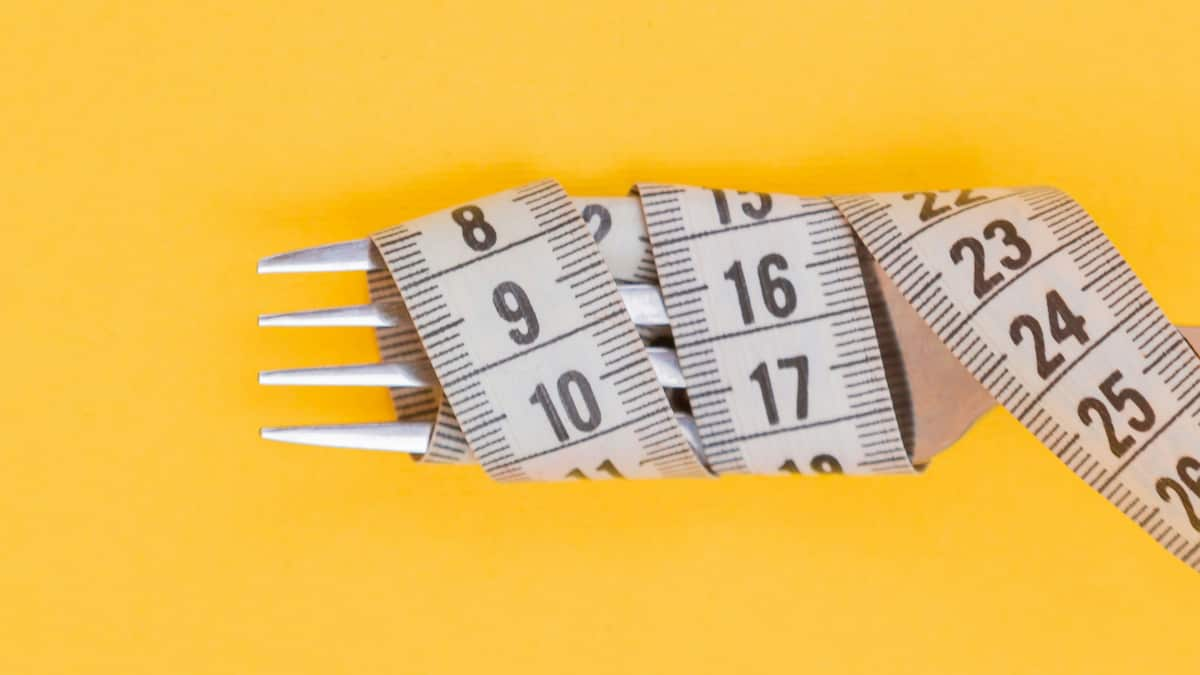Weight loss is not just about what you eat, but also about when you eat.
Avoiding consuming too many calories in the evening is the key to weight loss, research finds.
Snacking late at night, especially, stops the body from burning fat.
That is because the body is still using the accessible carbohydrates that have just been eaten.
However, people who eat less in the evening bring forward the point where the body starts burning fat.
At the same time, breakfast can help to sustain weight loss.
One recent study found that a high-protein breakfast can even double weight loss.
Professor Carl Johnson, study co-author:
“There are a lot of studies on both animals and humans that suggest it’s not only about how much you eat, but rather when you eat.
Our research looked to test the findings of existing fasting studies by asking real humans to participate in a multi-day test for two different meal time routines.
What we found is that the body’s circadian rhythms regulate nighttime fat burning.”
The body’s circadian rhythms are mental, physical and behavioural changes that follow a daily cycle.
The study included six people who came into the lab to be monitored closely in a whole-room respiratory chamber.
The chamber measures exactly how much energy people expend over a period and their metabolism.
The results showed that when people people ate a meal in the evening, the body stopped burning fat.
Dr Kevin Kelly, the study’s first author, explained the results:
“The late-evening snack session resulted in less lipids oxidized than in the breakfast session.
This confirms that the timing of meals during the daytime and nighttime cycle affects how ingested food is used versus stored, and that any food ingested prior to bedtime will delay the burning of fat during sleep.”
The study was published in the journal PLOS Biology (Kelly et al., 2020).

